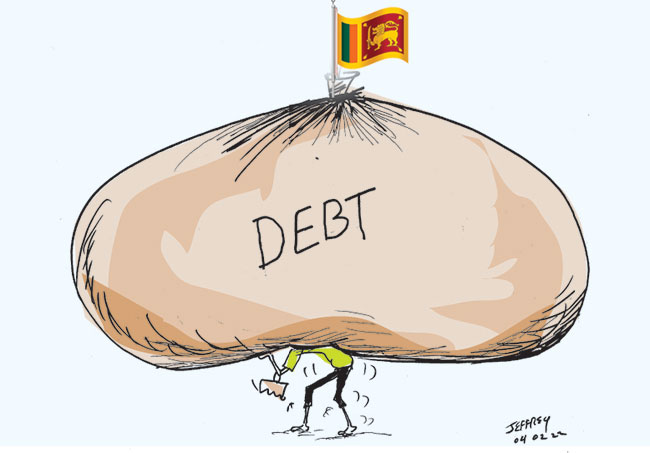Sri Lanka is appealing for food assistance from its neighbours as the country’s debt crisis spirals into a humanitarian emergency.
The government is applying for aid from a food bank operated by the South Asian Association for Regional Cooperation, which has supplied rice and other staples to member states during food crises.
J Krishnamoorthy, Sri Lanka’s food commissioner, told the Financial Times that her department had “just started the process” of applying. “We have contacted SAARC . . . [regarding] food bank assistance,” she said, adding that Sri Lanka was seeking about 100,000 metric tonnes of food either as donations or subsidised sales.
The request highlights how Sri Lanka is sliding from an upper-middle-income country, the most prosperous among its neighbours, to one dependent on donations and emergency loans for food, medicines and fuel.
The country, which defaulted on international debts of more than $50bn last month, has been wracked by severe shortages of essential goods since it effectively ran out of foreign reserves.
Fuel shortages have led to long blackouts as power stations close while hospitals are postponing treatment because of a lack of medicine. Aid groups also warn of a worsening hunger crisis owing to double-digit inflation.
Robert Juhkam, the UN Development Programme’s resident representative in Colombo, said that while Sri Lanka had been able to pay for most of its own food, the situation had deteriorated to a point where donations were becoming necessary.
“If the need is evident, and maybe it’s becoming more evident by the day, then it can be acted on,” he said of the SAARC food bank application, for which UNDP lobbied the Sri Lankan government.
Crop yields have fallen sharply after President Gotabaya Rajapaksa abruptly banned chemical fertilisers last year. The decision was swiftly reversed but rice imports to Sri Lanka — which was previously self-sufficient — have surged 368 per cent since then, UNDP said.
Sri Lanka is urgently seeking emergency assistance from other countries. India has provided more than $3bn this year through credit lines and currency swaps while China has offered “a few hundred million dollars” in lending, Sri Lanka’s new prime minister told the FT last week. Japan and the Indian state of Tamil Nadu have also donated food and medicine.
Efforts to engage SAARC could bump up against hard geopolitical realities, however. The body, which includes arch-rivals India and Pakistan, has been hampered by dysfunction since it was founded in 1985.
The SAARC food bank was set up in 2007 to provide rice and wheat to countries during emergencies but was used for the first time only in 2020 when Bhutan sourced a rice shipment.
Analysts said that Sri Lanka’s crisis could be a chance to invigorate SAARC.
Constantino Xavier, a fellow at New Delhi’s Centre for Social and Economic Progress think-tank, said that India — SAARC’s most powerful member — could view routing assistance through the bloc as a way to stop rivals such as China from playing a larger role.
The food bank “is operationalised and they can deliver”, said Xavier. “Maybe there is a precedent and all the politics don’t matter.”
SAARC secretary-general Esala Weerakoon said he was not aware of an application from Sri Lanka.


